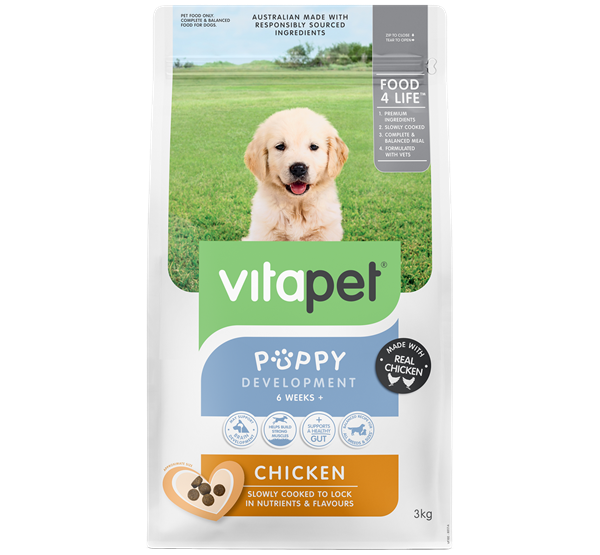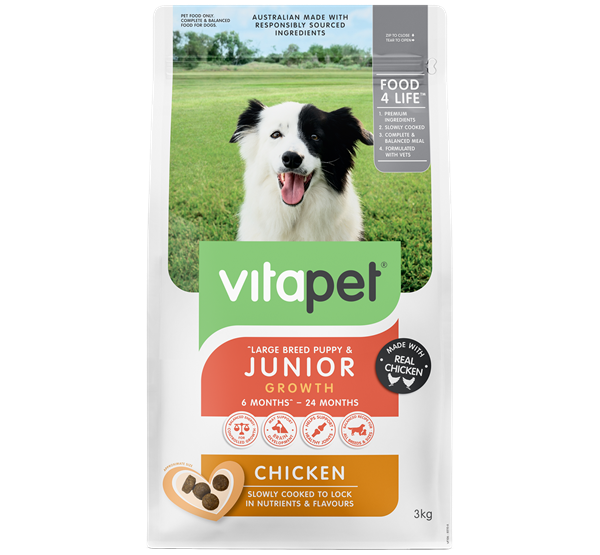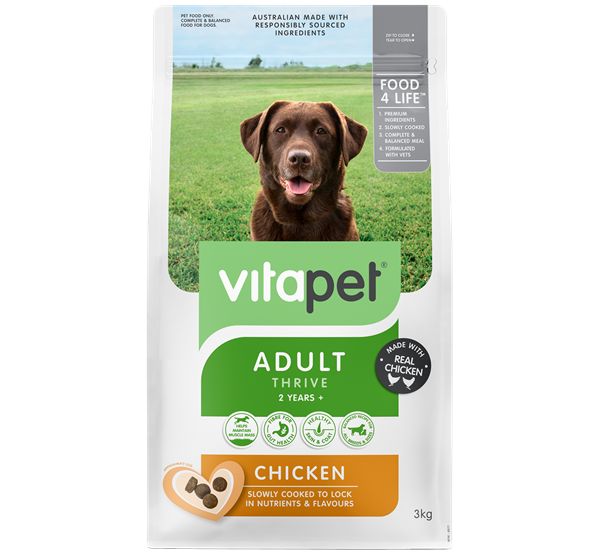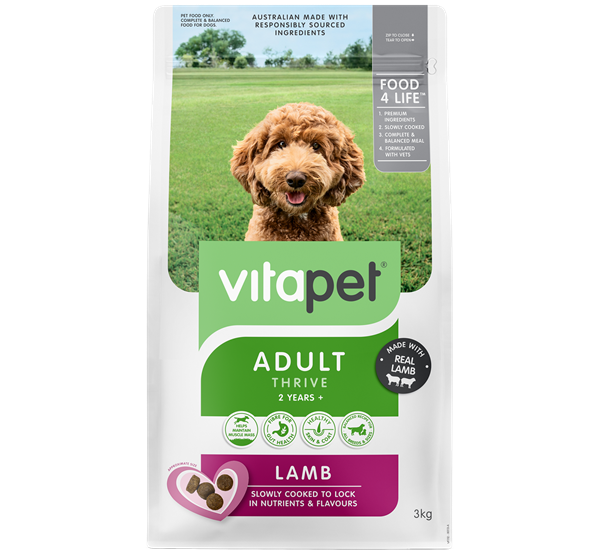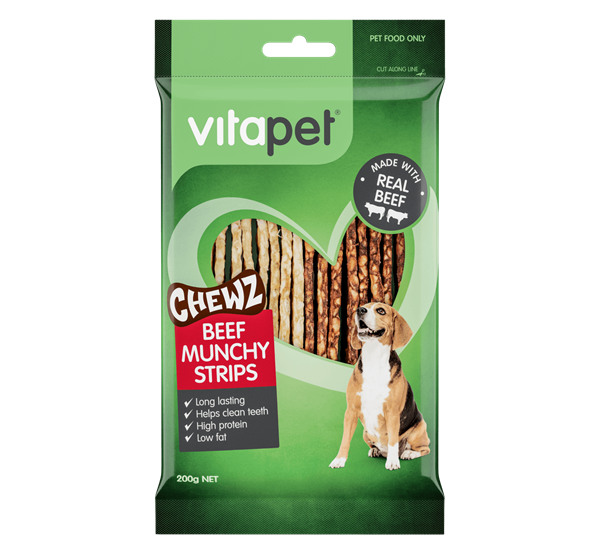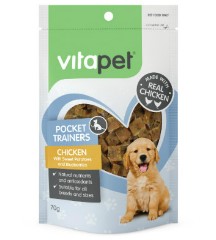For many humans, chocolate is one of our favourite treats, and we may want to share it with our pet. Unfortunately, chocolate can be poisonous to dogs, much more dangerous than eating grass, for example.
Why is chocolate toxic for dogs?
We enjoy chocolate in many different forms, from chocolate cakes, ice-creams and cookies to milk, dark and unsweetened chocolate bars. We also use cocoa powder in several recipes regularly. Chocolate is made from the fruit of the cacao tree, also called cacao pods. Seeds released from these pods are used to make chocolate. These seeds are roasted, ground and pressed to remove the seed oil.
The oil is called cocoa butter, and the remaining powder is called cocoa powder.
The cocoa powder is packed with substances called theobromine and caffeine, which are the most toxic substances to your dog. Therefore, not all chocolate is equally harmful. Milk chocolate contains mainly cocoa butter and sugar with very little cocoa powder. In contrast, dark chocolate contains lots of cocoa powder.
Generally, the darker and less sweet the chocolate, the more toxic substances it has.
In fact, unsweetened baking chocolate contains almost seven times more toxic substances than milk chocolate.
What symptoms will I see if my dog has been poisoned?
You may see different clinical signs depending on the type and amount of chocolate your dog has eaten.
With mild poisoning, you might see signs like vomiting, diarrhoea, excessive thirst and restlessness.
If, however, higher doses of toxin have been ingested, more severe symptoms like agitation, incoordination, shaking, and a racing heart may result. Seizures and potentially death can follow in most severe cases.
What should I do when I suspect my dog has consumed chocolate?
The clinical signs of poisoning can take up to 12 hours to show.
If you suspect that your dog has eaten chocolate, do not wait for symptoms to appear.
The best option is to get in contact with your veterinarian as soon as possible. The veterinary staff will need to know your dog's weight, the type of chocolate, and the amount of chocolate that your dog has eaten. If you still have the product’s wrapper, be sure to take it with you to the vet. This information will help them to calculate if your dog has consumed a poisonous amount and determine if your dog needs immediate veterinary care.
What will my veterinarian do to help my dog if poisoning has occurred?
If within a reasonable time period, the veterinarian will most likely induce vomiting to remove as much undigested chocolate as possible. From there, medication called activated charcoal may be given to bind with the chocolate and keep it from being absorbed by the GI tract. If too many toxic substances have already been absorbed, your dog might need hospitalisation with intravenous fluid, sedation and other medications.
It can take up to four days for the effects of chocolate to work their way out of your dog’s system, and he might require hospitalisation during this time.
It's important to keep all chocolate out of reach and when you want to give your furry friend a little gift, reach for a nice dog treat or toy instead.
















